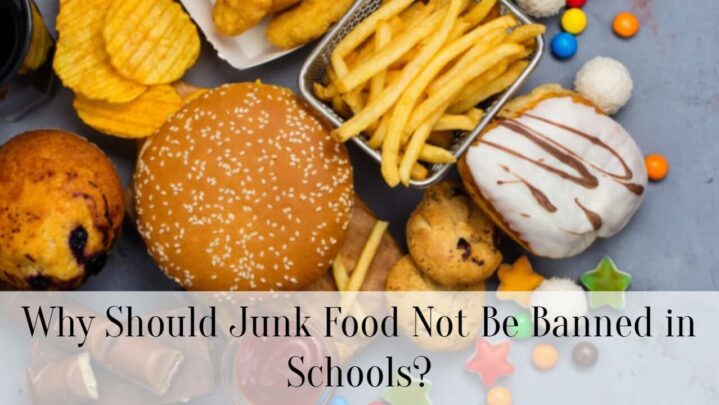While many health advocates urge junk food bans in schools, there are various reasons why this strategy may not be the ideal option.
First, it is critical to understand that junk food is not necessarily harmful or dangerous. While many junk foods are heavy in calories, sugar, and fat, they may also be enjoyed in moderation as part of a balanced diet. However, by outright prohibiting junk food, the message is sent that all such meals are intrinsically harmful and should be avoided, which can lead to an unhealthy relationship with food.
Second, prohibiting junk food in schools may be challenging to implement. For example, many kids bring their lunches and snacks from home, making it difficult to track what they consume. Also, despite the restriction, children may be enticed to smuggle in junk food, leading to disciplinary troubles and weakening the school’s authority.
Lastly, could you consider the practical ramifications of a junk food prohibition? Vending machines and cafeteria menus may need to be updated, which can be costly and time-consuming. This can shift resources away from more vital areas, such as academic programs and recreational activities.
Instead of overtly prohibiting junk food, schools might take a more balanced approach to promoting good eating habits. They can, for example, educate pupils about nutrition and urge them to make healthier choices. In addition, schools may provide more nutritious alternatives in their vending machines and cafeterias while allowing occasional pleasures and indulgences.





